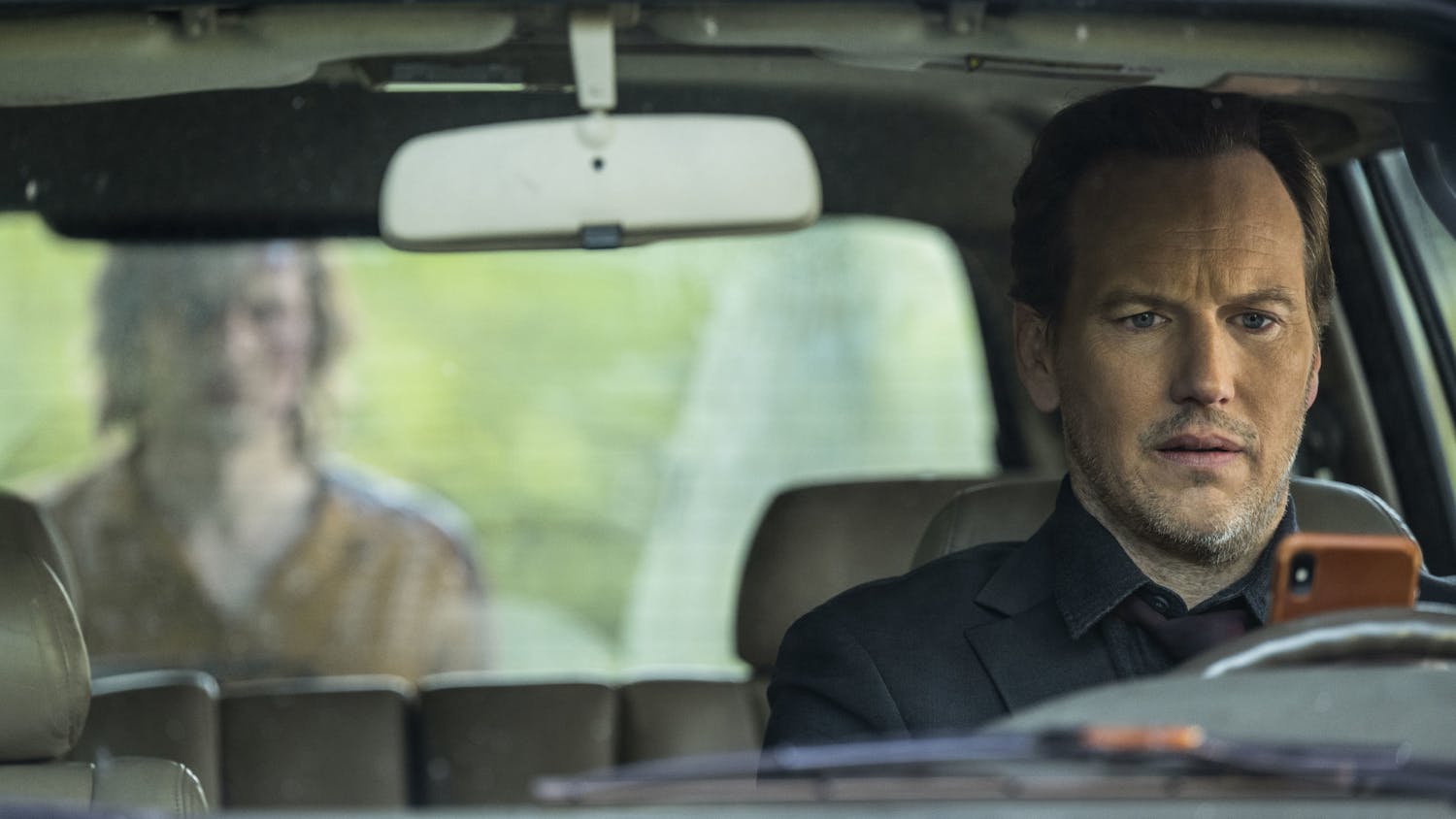In the race of characters to populate your nightmares, Daniel Day-Lewis' Daniel Plainview surges past Anton Chigurh of "There Will Be Blood" by a nose. Equipped with a shrewd business sense, unending drive and an intense dislike for most of the human race, Plainview is at once sympathetic, perplexing and terrifying. Few actors could pull off such a towering performance. In a film concerned mainly with delineating the rise and fall of the American dream, Day-Lewis' Plainview embodies all that was admirable and terrible in an America bending toward modern industry in the early 20th century.\nEnough talk of Day-Lewis -- he'll get his Oscar. The mastermind behind this gloriously wacked-out film is Paul Thomas Anderson, a man known for coaxing memorable performances out of the great (Day-Lewis), the good (Tom Cruise in "Magnolia") and the mediocre (Adam Sandler in "Punch Drunk Love"). Anderson's cinematic sensibilities perfectly complement this tale of an oilman locking horns with a man of God and his cache of behind-the-scenes collaborators strives to complement its director's talents.\nCinematographer Robert Elswit evokes the spirit of Néstor Almendros and Haskell Wexler's work in Terrence Malick's "Days of Heaven," adding touches of the grimy and mechanical to an otherwise picaresque landscape. Radiohead guitarist Jonny Greenwood's propulsive, wrenching score crawls up your spine and can't be shaken off. Neither can the societal commentary peppered throughout Anderson's screenplay, based loosely on Upton Sinclair's novel "Oil!"\nPaul Dano's Eli Sunday, the Evangelical minister of a small and oil-rich California settlement, plays both foil and victim to Plainview's inherently atheistic plans for domination of the oil business, and three separate scenes between the men define the story. By the time the seismic final confrontation arrives, both men are broken in their own way, and one asserts his dominance over the other in a manner both poignant and primal.\nAnderson has debuted with four stone-cold masterpieces in a row, each tackling a wide range of subject matter, and each of great import to the evolution of modern cinema. Warning lights typically start flashing when a current filmmaker is compared to the likes of Altman, Kubrick or Malick, but at this point, it's entirely apt to toss Anderson's name in the ring. With "There Will Be Blood," he has fashioned a new kind of epic -- born not just of the blood, sweat and tears of his actors and collaborators, but of the lifeblood of America itself.
'Blood' thicker than oil

Get stories like this in your inbox
Subscribe





